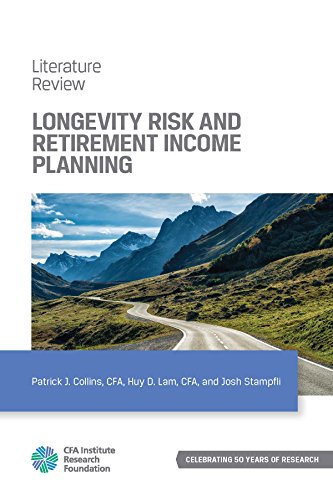The Future of Pension Plans in the EU Internal Market: Coping with Trade-Offs Between Social Rights and Capital Markets
By Nazaré da Costa Cabral, Nuno Cunha Rodrigues This edited volume takes a closer look at various European pension-plan models and the recent challenges, trends and predictions related to the design of such schemes. The contributors analyse new ideas, both from national governments and European institutions, and consider current debates on topics such as the Capital Markets Union (CMU) and the so-called ‘European Pillar of Social Rights’ – calling for a new approach to social policy at the European level...



